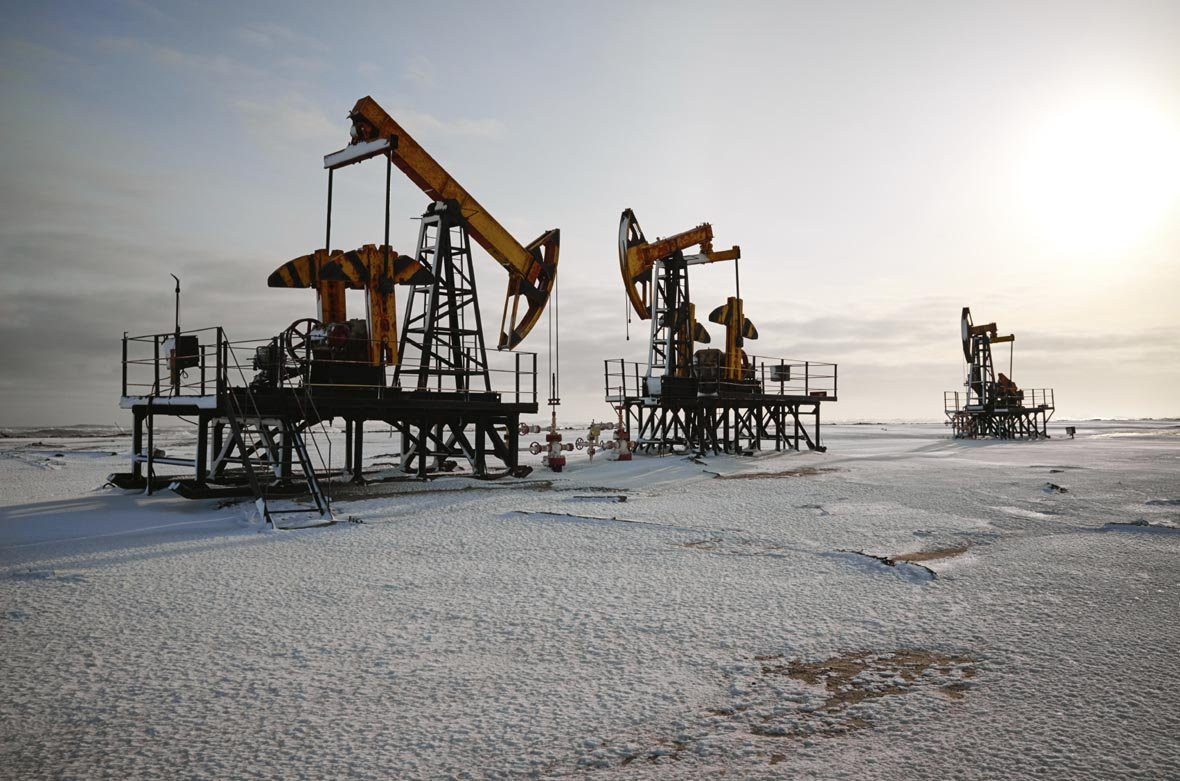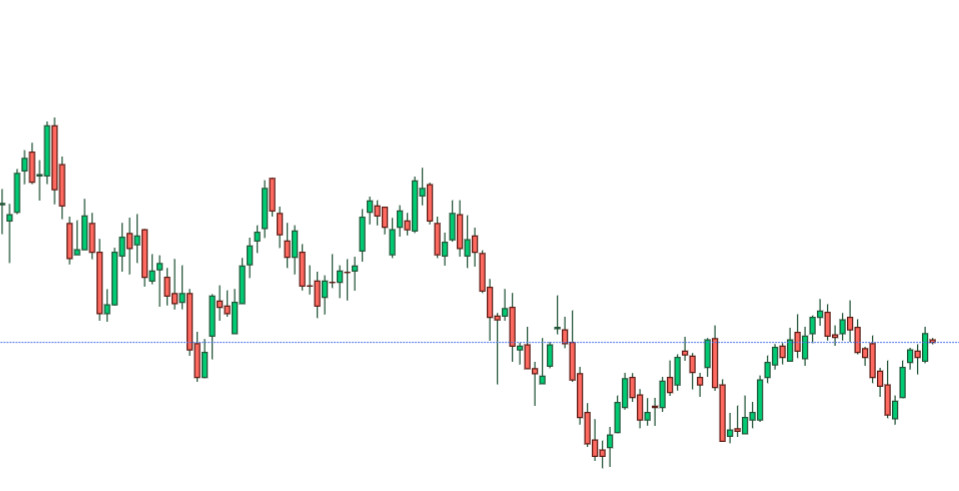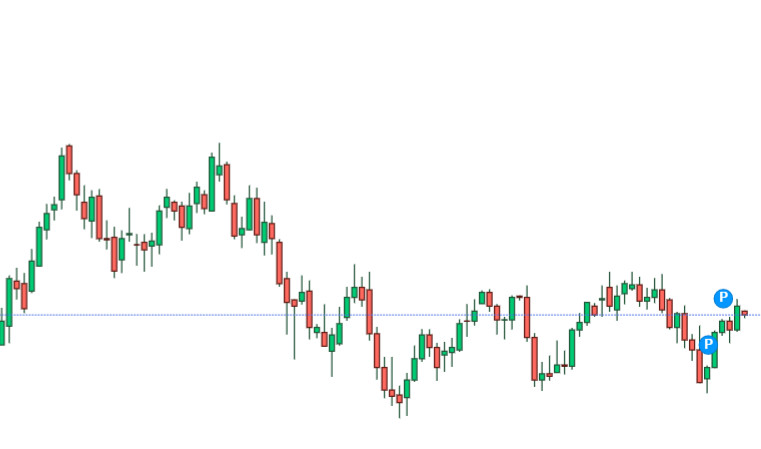
Oil prices went down early on Monday after ending sharply higher at the end of the previous week.
On Friday, oil prices surged by 2% on Russia's move to reduce oil output next month. Vice President Alexander Novak announced that Russia would "voluntarily" cut production by about 500,000 barrels per day next month, and not in retaliation for Western sanctions.
Although the market anticipated the move, oil prices still showed weakness after the news came. Moreover, experts believe that Russia's decision to reduce output would not be the last this year. The country is seen to cut oil production by 700,000 to 900,000 barrels per day throughout the year. In light of the gloomy outlook, the global oil market is now bracing for possible changes.
In the meantime, there is still continued optimism about higher fuel demand from China. Earlier, experts had suggested that after China removed the bulk of its Covid restrictions, its economic activity would expand, boosting demand for hydrocarbons. That would also mean an increase in imports of raw materials into the country. Nevertheless, that is just in theory, and market expectations are nothing more than just expectations. After all, no strong signals have come from China at least.

Early on Monday, Brent crude futures for April delivery traded lower on the London Stock Exchange. The price fell by 0.94%, or $0.81, to $85.58 per barrel. On Friday, the benchmark was up by 2.2%, or $1.89, closing at $86.39 per barrel.
Meanwhile, WTI crude futures for delivery in March were down on the New Your Stock Exchange earlier today. The quotes dropped by 1.15%, or $0.92, to $78.8 per barrel. On Friday, the WTI price gained 2.1%, or $1.66, closing at around $79.72 per barrel. Nevertheless, crude failed to consolidate, and a steep decline followed. Let's hope that the downtrend does not get any deeper.

Overall, crude prices were bullish last week. Brent added 8.1%, and WTI rose by 8.6%. However, an increase in the price does not akin to consolidation. The quotes simply failed to settle due to uncertainty and pessimism in the market that prevented crude from going higher.
Global economic risks are still weighing on oil prices, making them fluctuate. Analysts are worried about slowing global economic growth this year. Headwinds that occur, and there could be many, should be somehow leveled, according to experts. They hope that a recovery of China's economy will make the situation in the oil market better somehow. Although there have not been any clear signals of that coming. Therefore, the hydrocarbon market will likely be in turmoil.
In addition, concerns are now growing that the oil market might see a shortage of raw materials by the middle of the year. That would be yet another factor driving prices above $100 per barrel. The thing is that demand could reach 102 million barrels per day, which is higher than before the pandemic when it was some 2 million barrels per day lower. In the long run, demand could swell to 110 million barrels per day by 2025.
All in all, the cost of raw materials is likely to surge on the back of Russia's decision to reduce production. Therefore, Monday's fall in prices should not be seen as a trend reversal. Meanwhile, the oil market keeps trading under the influence of continued optimism.
 English
English 
 Русский
Русский Bahasa Indonesia
Bahasa Indonesia Bahasa Malay
Bahasa Malay ไทย
ไทย Español
Español Deutsch
Deutsch Български
Български Français
Français Tiếng Việt
Tiếng Việt 中文
中文 বাংলা
বাংলা हिन्दी
हिन्दी Čeština
Čeština Українська
Українська Română
Română

